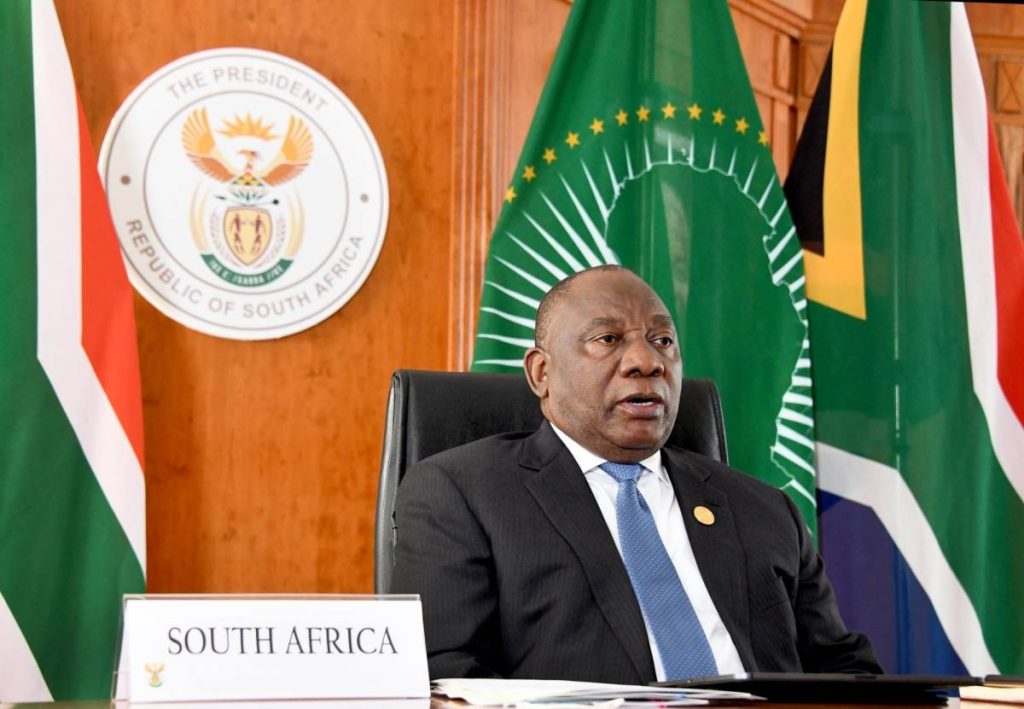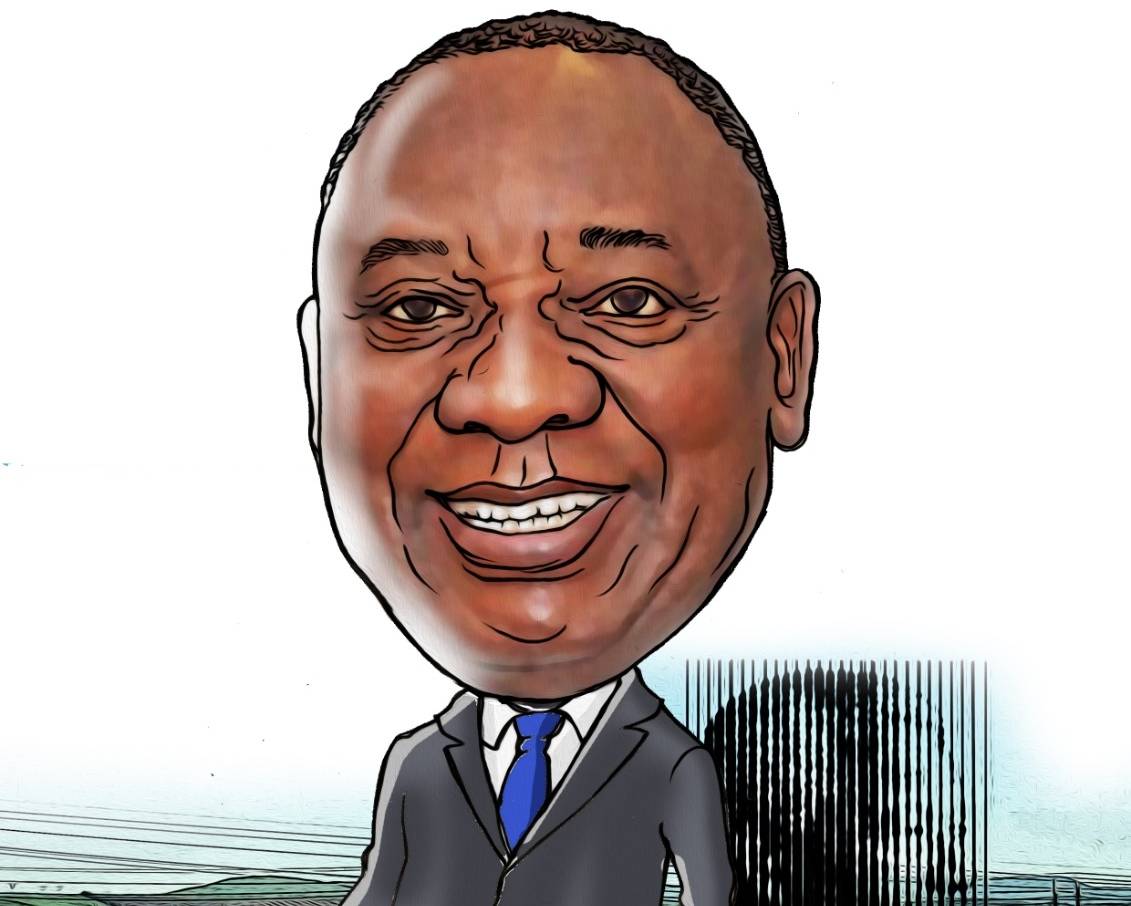S. Africa committed to transition from coal to clean energy. Minister of Mineral Resources and Energy Gwede Mantashe said coal accounts for about 70 per cent of the primary energy consumption, 75 per cent of electricity generation, and 30 per cent of petroleum liquid fuels in the country’s energy mix
South Africa is committed to a transition to cleaner energy, but coal will for some time be vital for the country’s economic growth and employment creation, Minister of Mineral Resources and Energy Gwede Mantashe said at the coal colloquium in Pretoria.
Mantashe said coal accounts for about 70 per cent of the primary energy consumption, 75 per cent of electricity generation, and 30 per cent of petroleum liquid fuels in the country’s energy mix, Xinhua news agency reported.
“The transition must speak to the contribution of coal to energy security, sizeable contribution to the gross domestic product, large contingent of employees, and other relevant economic factors. Our climate change agenda cannot afford to ignore these national interests. They must be integrated into our plans to move from high carbon emissions to low carbon emissions,” said Mantashe.

He called on the captains of industry to demonstrate the commitment to just transition and the country’s national interests in coal mining and coal power stations.
Mantashe said there is a potential for the country to export coal to China.
“Strong international coal prices of around 130 U.S. dollars per tonne have raised the attractiveness of exports, with most of South Africa’s export coal going to India and Pakistan. China is also reopening opportunities for imports from South Africa,” he said.
Meanwhile, President Cyril Ramaphosa invited scientists from BRICS countries to work alongside South African scientists in further researching the various characteristics of the Covid-19 virus and its mutations.
Ramaphosa made the call when he appointed the Chairperson of the Ministerial Advisory Council on Covid-19 Koleka Mlisana to lead a task team of South African researchers in the area of genomic sequencing to work with their scientists from other BRICS countries, Xinhua news agency reported.
This initiative is a contribution to intra-BRICS cooperation to strengthen preparedness and responses to the pandemic as articulated in the New Delhi Declaration, which was adopted at the 13th BRICS Summit in September 2021.
This cooperation takes place within the context of the establishment of the BRICS Vaccine Research and Development Centre in a virtual format.

Ramaphosa pointed out that the cooperation would boost the BRICS countries’ preparedness and responses to the pandemic.
“The collaboration among BRICS countries is intended to broaden our knowledge of the Covid-19 virus not only for the benefit of member countries, but for the global community more broadly. Humanity will only overcome this pandemic if the countries of the world work in closer cooperation by sharing information, expertise and resources. This cooperation must be underpinned by the principles of solidarity, partnership and mutual respect,” said Ramaphosa.
He said the team from BRICS countries would share information on laboratory, clinical and epidemiological experiences regarding the pandemic to help clinicians and policy-makers to prepare for future manifestations of the disease.
ALSO READ: Boris: UK-Africa investment can help alleviate climate change
“The spread of the different Covid-19 variants to all corners of the earth underlines the importance of effective surveillance, scientific transparency and collaborative research. Every country is affected and every country must be able to develop responses based on sound scientific evidence,” Ramaphosa said.
He stated that scientists would conduct research on omicron at the BRICS Vaccine Research Centre which is in the country.

